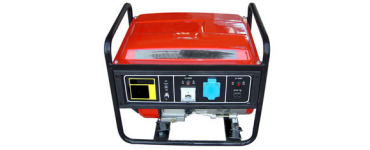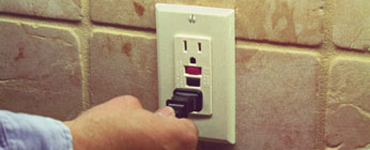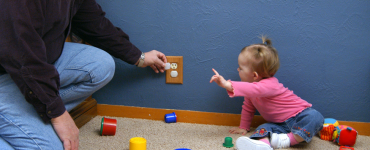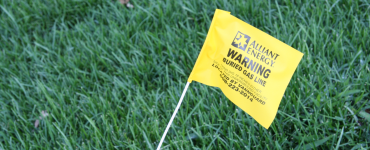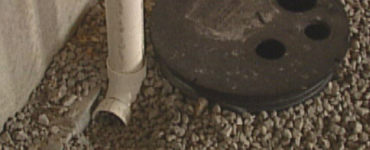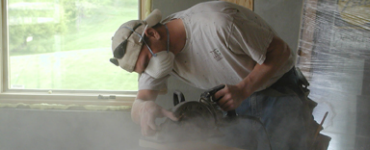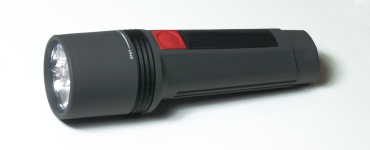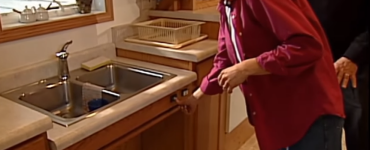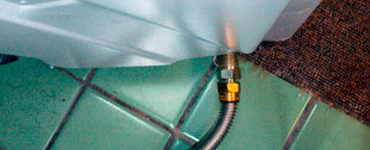Natural gas leaks
Smell gas? Move fast.
Raw natural gas is colorless and odorless. As a safety precaution, utility companies add a harmless odorant to the natural gas to give it the distinctive rotten egg smell. Natural gas is lighter than air, so it will rise and disperse if allowed to vent freely.
Although rare, natural gas leaks can be dangerous and result in fire, explosions, injury or death. If you suspect a leak, call your utility provider immediately.
Signs of a leak
- Smell the odor of rotten eggs.
- Hear hissing, roaring or whistling sounds near a gas appliance, meter or pipeline.
- See dead or dying vegetation where the surrounding area is green, blowing dirt or bubbling water in a puddle, river, pond or creek.
Steps to staying safe during a gas leak
Anytime you suspect a natural gas leak, you should react like it’s an emergency.
- Leave the area immediately and evacuate everyone from the home or building.
- Go to a remote location and call your utility provider.
- Do not return until they confirm it is safe.
- If gas is blowing, also call 911.
- Don’t stop to look for the leak or open windows.
- Don’t use anything that might create a spark, such as a cell phone, light switch or garage door opener. These can ignite gases or vapors.
More from this category
Ground fault circuit interrupters (GFCI)
GFCI outlets should be used by all water sources to prevent electric shock. Find out why.
Electrical safety and childproofing
Make sure your electrical appliances, tools and outlets are safe, and be careful around electrical equipment outdoors.
Staying safe around buried gas pipelines
If you have buried natural gas lines on your property, make sure you know how to locate and maintain them.
Radon gas
Take care with power tools
Taking a few minutes to check power tools before and after using will keep them in good working order and will keep you safe.
Be prepared for bad weather
Aging in place
Gas appliance safety
Keep these safety guidelines in mind when using gas-consuming products such as stoves, clothes dryers, water heaters and furnaces.

